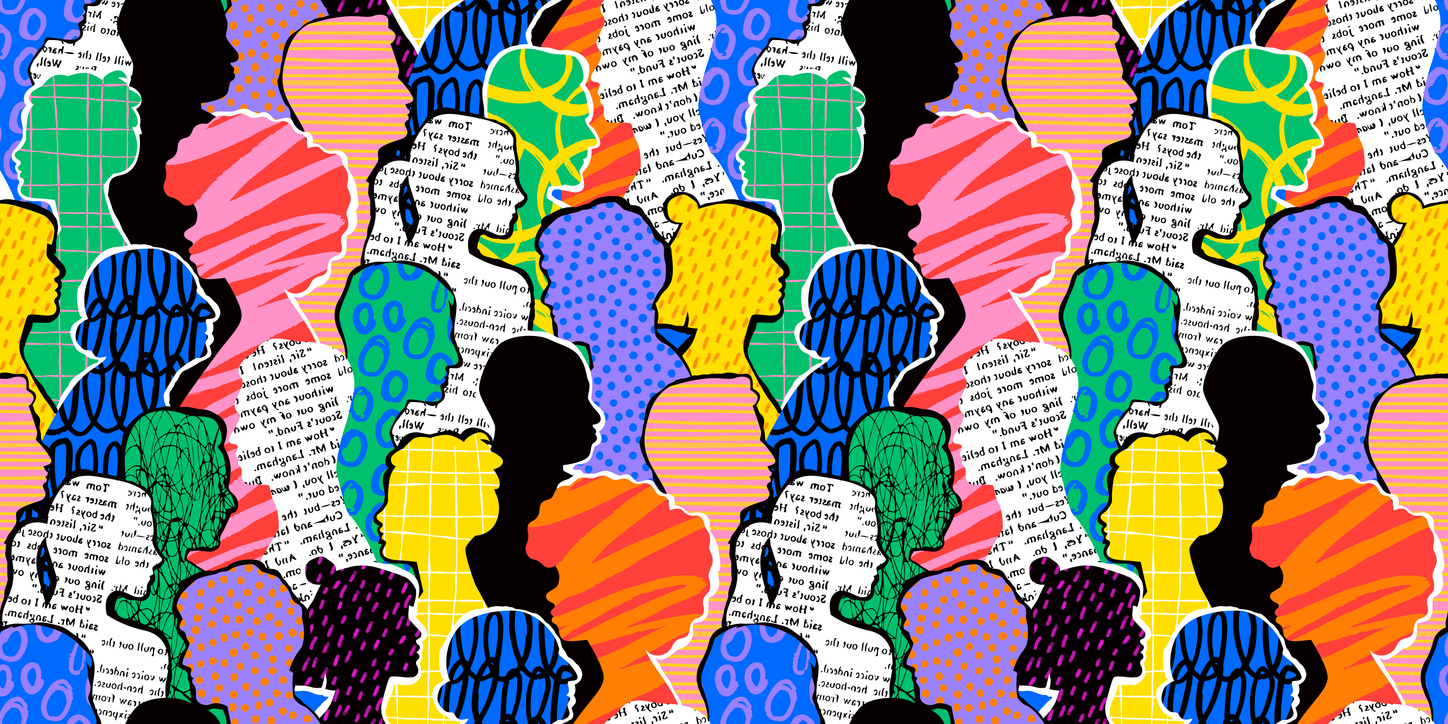How to help students with SEND prepare for university life
By understanding the diversity of students with special educational needs, counsellors can better advocate for the necessary resources and systems to support them

To provide tailored support that meets the specific needs of each student, it is essential that college counsellors understand the diversity of students with special education needs and disabilities.
By appreciating the range of needs within the SEND population, counsellors can better advocate for necessary resources and support systems, ultimately contributing to the academic success and personal growth of these students.
The diversity of SEND
SEND encompasses a broad spectrum of needs, requiring diverse support strategies. Understanding these diverse needs is the first step towards providing effective support. With this knowledge, counsellors can focus on developing personalised strategies to help students achieve independence and success in college.
Key categories include:
Learning and attention disorders
This group includes students with dyslexia and ADHD, who may struggle with reading, writing, attention and impulse control.
Autism spectrum disorders (ASD) and communication impairments
Students with ASD or speech and language impairments may require support in social skills and communication strategies. They may also benefit from tailored interventions and structured routines.
Emotional, behavioural and intellectual disabilities
These students might have difficulties with emotional regulation, behaviour or adaptive functioning. Support often includes counselling, behavioural interventions and life skills training.
Physical and sensory disabilities
Students with mobility impairments or sensory challenges may need physical accessibility and adaptive equipment, as well as sensory-management strategies.
Strategies for fostering independence
Fostering independence is crucial as students transition to college. Here are some strategies to meet each student’s unique needs:
Time-management workshops
Organise workshops on using planners or digital tools to help manage schedules and prioritise tasks. Real-life scenarios can help students practise balancing academic and personal life.
Problem-solving and decision-making
Use role-playing activities to help students navigate common college challenges, such as roommate conflicts or managing extracurricular activities.
Addressing denial and avoidance
Some families may avoid acknowledging their child’s needs, as a result of the stigma they feel is attached to having additional needs. As counsellors, it’s important for us to create a supportive environment where students feel comfortable discussing their challenges. Encourage students to communicate openly about their needs, emphasising the benefits of seeking support and the positive impact this will have on their college experience.
Fostering the skills for self-advocacy
By focusing on independence, counsellors can empower students with SEND to manage their own challenges, setting a foundation for further development in self-advocacy skills. Self-advocacy is likely to be a key component of their success in college.
Here are a few ways that counsellors can help:
Teaching students to express their needs
Host workshops that focus on teaching students how to express their needs effectively to professors and peers. Make plans together about how and when to discuss their needs with instructors and the disability-services department. Pair students with alumni who can provide guidance and share experiences in self-advocacy.
Navigating denial in self-advocacy
Use positive reinforcement to help students recognise the value of advocating for themselves, even if they initially resist acknowledging their needs. Introduce students to successful role models who have similar SEND needs, helping students to see self-advocacy as a strength rather than a limitation.
By building their self-advocacy skills, students will gain the confidence needed to articulate their needs and access the resources necessary for success. This leads naturally to the next step: familiarising themselves with campus resources.
University tours
Arrange tours that highlight key resources, such as disability services, counselling centres and study spaces. International students can take virtual tours instead.
Facilitation
Offer to accompany students to initial meetings with campus resource staff, easing the transition and building academic and personal growth.
Navigating college life can be tricky for students with SEND because they face unique challenges that require understanding and support. While there are many other ways to support students in adapting to college life, the most important elements are empathy, a guiding hand and patience.
By fostering a supportive and nurturing environment, counsellors can profoundly impact SEND students’ college journeys, helping them unlock their full potential and guarantee a fulfilling and successful college experience.



